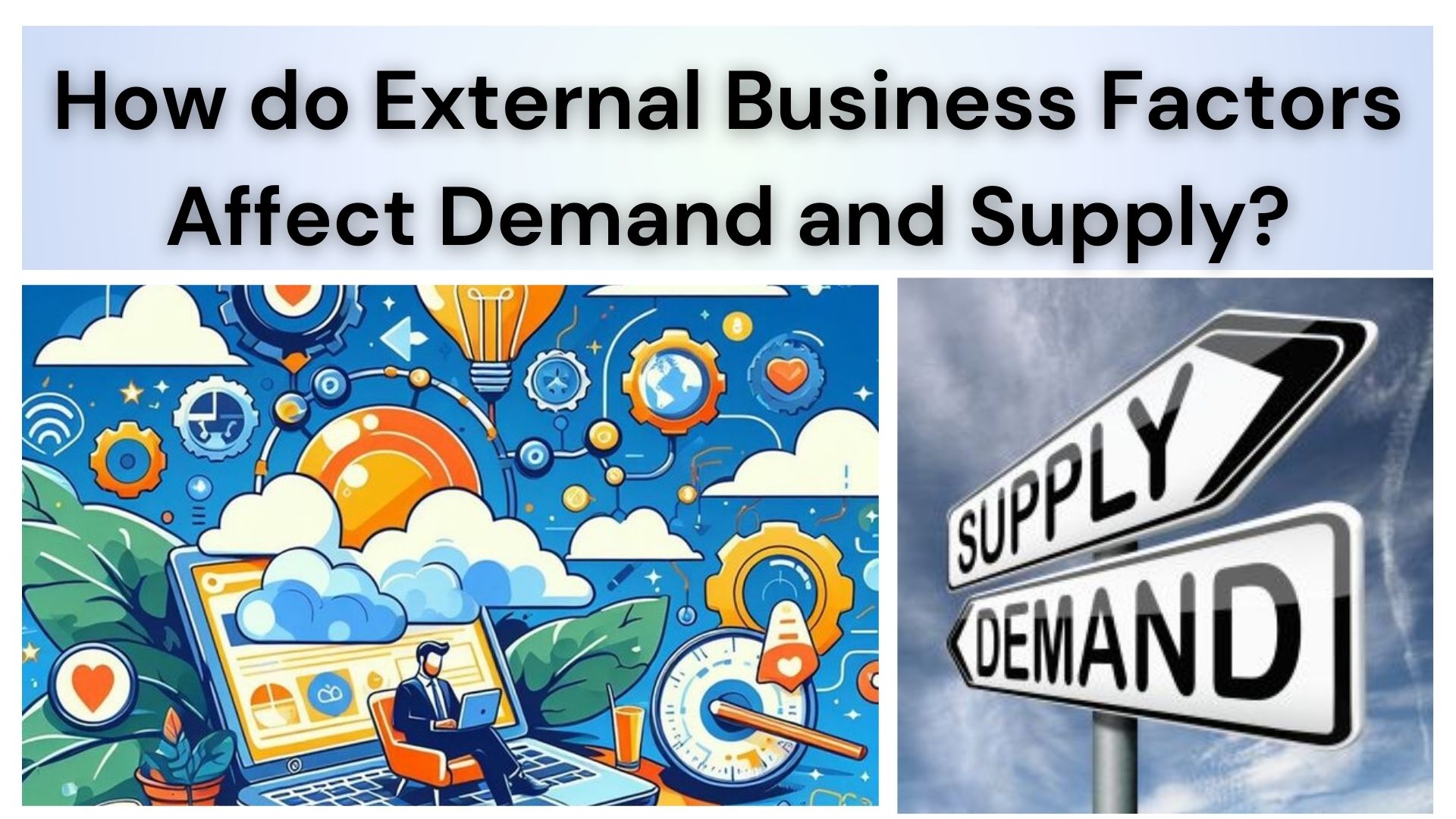Many people ask, “Can I take out business loans for property development?” However, getting the answer to this question is not so simple and straightaway. Property development projects are taken up by investors, builders, and companies exclusively involved in construction or ground-up development.
As a result, you may think that you can take out business loans for property development. However, the fact is that these loans may or may not be suitable for your development project. A large number of people in the property sector use business loans to finance the property, but they are not too big projects.
In other words, they can be a good alternative if the funding amount is not whopping. In many circumstances, business loans may not be an ideal funding source for your property development project.
What are the different types of property development finance?
You will find many financial institutions offering property development finance. It is an umbrella term that includes various types of funding sources. Note that these projects involve buying a land/plot or a property to raise its value. It can be residential as well as commercial.
Buy-to-let mortgages
These mortgages will come in handy when you buy a property to let out after refurbishing it, like loft conversion, changing the interior and exterior, kitchen and bathroom remodelling etc. To be eligible for these mortgages, you should have:
– A higher deposit, at least 25%, may exceed 40% of the purchase price.
– A good credit score.
– A good income source. You must be earning at least £30,000 a year.
– Enough rental income.
These mortgages are different from standard mortgages as they attract bigger fees and operate on an interest-only basis. There are two types of buy-to-let mortgages – tracker mortgages and discounted variable mortgages.
The former allows you to pay interest set above the base rate by the Bank of England. The interest rate will increase when the base rate goes up and vice-versa. Make sure you take it into account while calculating if it is a suitable option.
The latter will allow you to pay interest at a fixed rate below the SVR (Standard Variable Rate). And after the completion of the fixed term, which may be up to two, three and five years, you will be put on SVR.
Buy-to-sell mortgages
This mortgage is helpful when you buy a property intending to do it up and then sell it. You will have to sell your property soon after buying it, so a standard mortgage is unsuitable. To be eligible for a buy-to-sell mortgage:
– You should have an exit plan. A lender would like to know how you will repay the debt. They seek a realistic plan.
– The property should be easier to sell. A lender is more likely to approve when the property has all facilities.
– Your credit score should be decent. A strong credit rating makes it easier to get money.
– If you have some experience to demonstrate, you are more likely to have signed off on your application.
– You should have a bigger deposit size.
Buy-to-sell mortgages are generally suitable for experienced developers. It is essential to ensure that you refurbish the property as soon as possible and then sell it. The sale money will help you repay the debt. You will be in deep water if you fail to find a client for your property.
Bridging loans
Bridging loans are also used as property development finance. You can use these loans to buy a property, renovate it and then sell it. These loans are short-term, high-interest loans particularly ideal for purchasing a property at auction.
There are two types of bridging loans – open and closed. The former requires you to submit an exit plan, while the latter does not require it. However, they will be more expensive than open bridging loans and come with a longer repayment term.
To be eligible for these loans:
– You must have security. These loans will be secured against land or property.
– You should have a stable source of income.
– You should have an exit plan if you are looking to apply for an open bridging loan.
– You may need to prove your property track record. Experienced property developers are more likely to get the nod.
– Bridging loans can be very expensive. Further, they are short-term loans. You must ensure that you will not fail to pay back the debt.
Development finance
Property development finance is the most suitable funding source. Although the finances mentioned earlier also come under this category, some lenders exclusively offer this type of loan. They could involve the most considerable funding, and you will also have sufficient time to repay the debt.
You can use these loans for residential properties, commercial properties, conversions and ground-up development. To be eligible for development finance:
– You should have a property development history
– You must have a business plan to show what you are doing at the development stage.
The final word
Looking for the best property development finance, you should analyse which option will suit your financial condition. A business loan can only be suitable for property development when you do not need large funding. However, in most cases, they are not apt.
You will have to consider other alternatives like buy-to-let mortgages, buy-to-sell mortgages, bridging loans, and development finance. All these alternatives are expensive, so you ensure that you will not fall behind on repayments. Having a backup plan is a good idea when things do not work as you expected.
Your business must be able to generate enough revenue. Ensure that you have a good supply of working capital. If you lack money, you can take out working capital loans in the UK. However, it is suggested that you avoid using these loans along with property development finance. It can be quite difficult to handle both loans.

Gary Weaver is a Senior Content Writer with having an experience of more than 8 years. He has the expertise in covering various aspects of business market in the UK, especially of the lending firms. As being the senior member, he contributes a lot while working at TheBusinessFunds, a reputed business loan broker.
Gary performs the major role of guiding loan aspirants according to their financing needs and also to write research based blogs for the company’s website. Previously, he has worked with many reputed business firms and therefore, he knows every nook and cranny of business financing market of the country. Gary is a post-graduate with having a degree of Masters in English language. He has also done post-graduate diploma in Business and Finance.






